Everything you always wanted to know about Coop but were afraid to ask!
Phys10 Undergraduate Seminar Series
Lindsay Babcock, Michael Gennari, Samantha Jewett, Tristan Mills
Four 4th years will briefly describe their own varied coop experiences and then we will open the floor for a panel Q&A. Come with your questions about the Coop process: finding a position, matching, academic vs. industry, courses you should take to prepare yourself for coop etc.
There will be Timbits.
Everyone is welcome to attend.
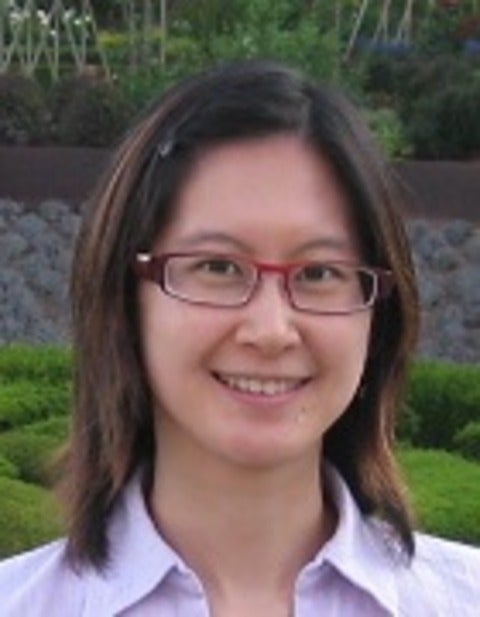
 Sherry Suyu
Sherry Suyu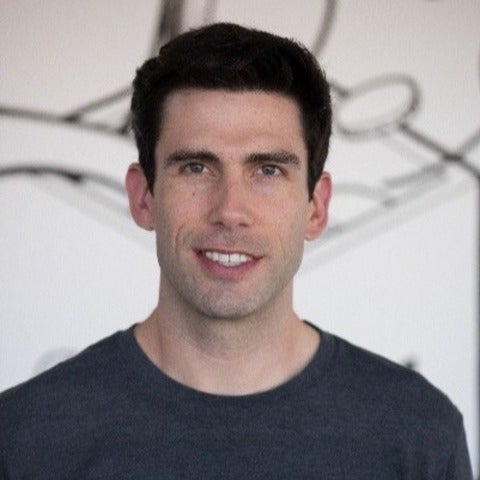
 Mike Rossi graduated UW Physics in 2011, and went on to found
Mike Rossi graduated UW Physics in 2011, and went on to found 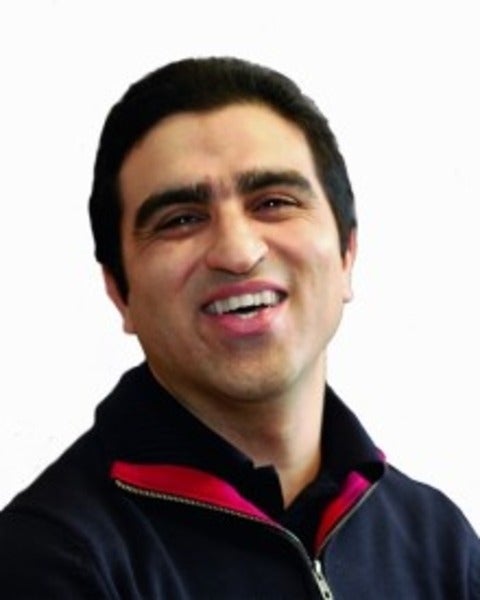
 Dr. Mahmood Sabooni, Institute for Quantum Computing
Dr. Mahmood Sabooni, Institute for Quantum Computing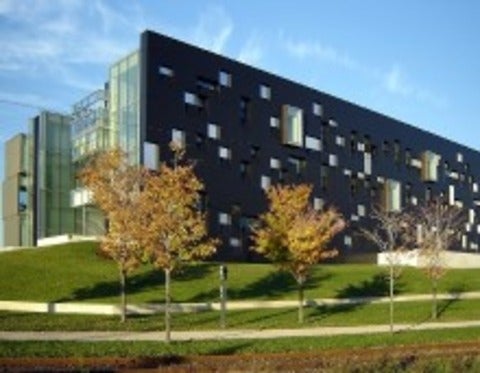
 Phys10 Undergraduate Seminar Series
Phys10 Undergraduate Seminar Series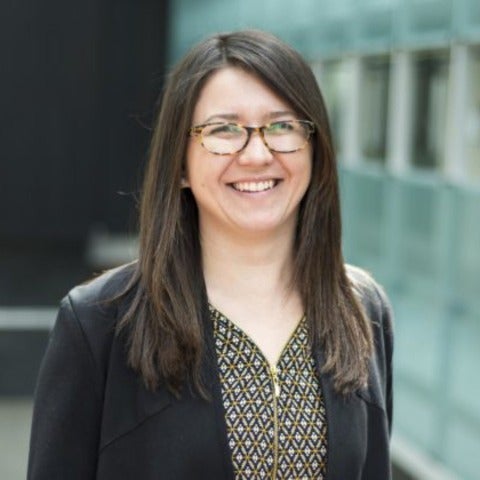
 Agata Branczyk (Perimeter)
Agata Branczyk (Perimeter)